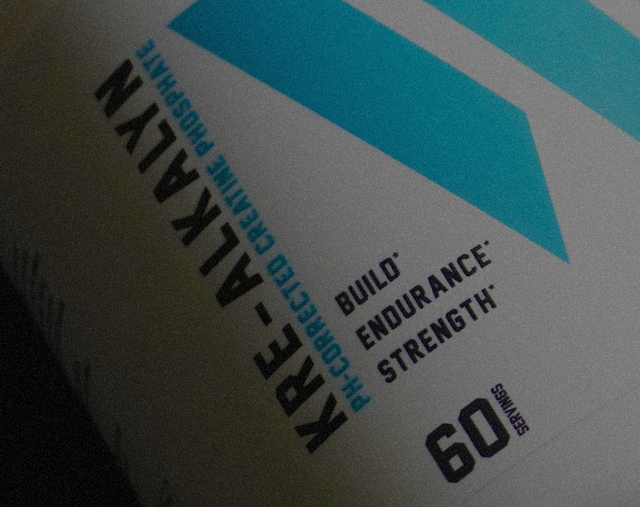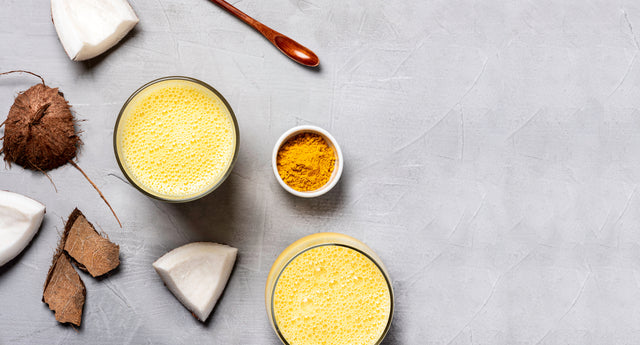When you think of vitamin D, most likely you think of sunshine and supplements. Specifically speaking, vitamin D actually refers to two different inactive precursors in the body, vitamin D2 (ergocalciferol) and vitamin D3 (cholecalciferol). While vitamin D deficiency deficiencies contribute to a wide variety of health issues, diseases, muscle weakness, and weakening bones as we age, it can also influence your overall mood and outlook. If you live in an area that is consistently cloudy and overcast or have a job that keeps you inside during the day, chances are you don’t see the sun enough to take in a sufficient amount of vitamin D. Dietary supplements are the best way to boost Vitamin D levels. But which one is better, Vitamin D2 or Vitamin D3?
Vitamin D2 vs D3: The Most Preferred Source and Type
Vitamin D deficiency is a major problem worldwide, not just here in the United States. While it’s argued that if you’re exposed to UV rays you naturally produce vitamin D when actually it’s the type of ray that’s important, UVB. It’s estimated that 34-37% of the entire US population is vitamin D deficient [R], meaning that supplementation and the consumption of fortified food is more important than ever.
Where Does Vitamin D Come From?
There are three ways you can get vitamin d for your body – from the sun, vitamin d supplements, and from food, preferred in that exact order. Wow, supplements over the food you say? Yes, exactly. The reason is simple: most individuals aren’t exposed to UVB rays at least 15 minutes a day, uncovered and unprotected (that means no sunscreen, makeup, or clothing), and on the flipside, fortified foods don’t contain enough vitamin D to provide the body with the baseline amount of vitamin D recommended per day. [R] Insert – vitamin D supplementation, the most effective way to get the daily recommended amount of vitamin D. I recommend Swolverine’s Vitamin D3 since it’s 100 servings of 1500 IU which is 375% of the daily recommended value. Perfect for your vitamin D deficient souls.
RECOMMENDED PRODUCT Vitamin D3 (100 Servings)
Types of Vitamin D
There are two types of vitamin D that you can consume, but the question is: Vitamin D2 vs Vitamin D3, which is better? Glad you asked!
Vitamin D2 (ergocalciferol)
Vitamin D2 is a plant-based product friendly to vegans and vegetarians. Vitamin D2 is produced by plants when they’re exposed to UV light (similar to the way we explained earlier that humans produce Vitamin D). While this form is often pressed into a tablet supplement and consumed by people adhering to restricted diets, like veganism, check it out – our body doesn’t actually produce this form of vitamin D naturally, making it a poor quality nutrient when it comes to fulfilling your daily requirement of vitamin D (yikes). [R] Vitamin D2 is used as an inexpensive, low quality, and less effective option to boost nutrient quality.
Vitamin D3 (cholecalciferol)
Vitamin D3 is the most bioactive form of vitamin D. Our body has the ability to naturally produce it from UVB rays, as well as receive it from D3 supplementation.
Fortified Food: An Unreliable Source of Vitamin D
When it comes to vitamin D, food isn’t enough, even fortified foods. Foods that contain vitamin D are found in animal-sourced foods (highest quality, vitamin D3), as well as plant sources, and fortified foods (in the form of D2, lower quality). In food, vitamin D is measured in micrograms with the suggested daily intake of 25-100 micrograms per day is needed to maintain optimal blood levels (that’s 1000-4000 IU in supplement talk).
As you can see from the examples, even the best food source of vitamin D doesn’t contain nearly enough micrograms (remember, you need up to 100 micrograms per day) to provide sufficient delivery and function within the human body, alone. Before you go crazy getting sunburnt and pummeling supplements, let’s examine at a few more important things to consider, before turning to a vitamin D supplement.
Sunlight Isn’t Enough
Let me paint you a picture; if you live in the northern hemisphere, specifically the top 2/3 of the United States, during the winter months (Oct-March) the earth is positioned on its axis where the strong UV rays emitted from the sun are unable to reach you. [R] This means even if you sat outside every day during the winter months (and if you live in the upper half of the USA, Canada, or Alaska, you know this is impossible, because it’s so dang cold) you still wouldn’t receive the appropriate intensity of UV rays to provide you with the ability to make your own vitamin D.
Vitamin D3 Supplementation: The Most Consistent & Effective Form of Vitamin D
Since most individuals have limited access to sunlight and strong UV rays (specifically, UVB rays for vitamin D production) throughout ½ the year, supplementation is crucial. Even on the days where the sun is out and at it’s most intense (June, July & August) most people work indoors and are unable to actually get out into the sun. This keeps their bodies from producing adequate amounts of vitamin D from sunlight, even during the summer.
Although the health benefits of vitamin D sufficiency are clear, awareness of the dangers of vitamin D deficiency is lacking. People with vitamin D deficiency have no obvious symptoms until it is so severe that they develop osteomalacia; this is often misdiagnosed as fibromyalgia, so many doctors may not be aware of the problem. Vitamin D, specifically vitamin D3 supplementation, is crucial as a preventative measure against the negative signs of aging and disease development. [R]
Vitamin D2 vs D3: Which is Better to Supplement With?
The best vitamin D supplement is vitamin D3. This isn’t opinion, it’s fact, one that’s been clinically proven time and time again, with an overwhelming abundance of evidence. While both are a great way to try to improve your overall health and take a preventative measure for your health, if you’re going to make the effort and spend the money, even if you’re vegan, opt for vitamin D3, as it’s better absorbed, more bioavailable, and put to better use, supporting many important biological mechanisms. If you need a statistic to back that up, functionally speaking, vitamin D3 is 300% more effective than vitamin D2. [R] Yup, let that sink in for a minute.
Vitamin D2 Is An Insufficient Source of Vitamin D Supplementation
As a result, vitamin D3 has proven to be the more potent form of vitamin D in all primate species, including humans. Despite an emerging body of evidence suggesting several plausible explanations for the greater bioefficacy of vitamin D3, the form of vitamin D used in major preparations of prescriptions in North America is vitamin D2. The case that vitamin D2 should no longer be considered equivalent to vitamin D3 is based on differences in their efficacy at raising serum 25-hydroxyvitamin D, diminished binding of vitamin D2 metabolites to vitamin D binding protein in plasma, and a nonphysiologic metabolism and shorter shelf life of vitamin D2. Vitamin D2, or ergocalciferol, should not be regarded as a nutrient suitable for supplementation or fortification. [R]
Vitamin D3 Is The Best Choice Of Vitamin D For Supplementation
All in all, unless you're on perma-vacay, the chances of you getting enough quality vitamin D in your diet and from sunlight is very small, especially for those who adhere to a vegan or vegetarian lifestyle. When it comes to choosing a vitamin D supplement, we encourage you to choose a vitamin D3 supplement over vitamin D2, even if vitamin D3 isn't 'vegan or vegetarian'. The reason? It's proven to be a much more effective and bioavailable, quality delivery of nutrients to your body. Since vitamin D3, the preferred source of vitamin D for the human body is limited to a very small amount of animal-based foods, we say a high-quality vitamin D3 supplement is the way to go, especially if you cannot get out into the sun every day, unprotected.














